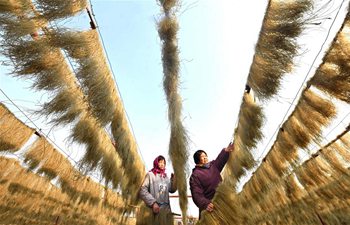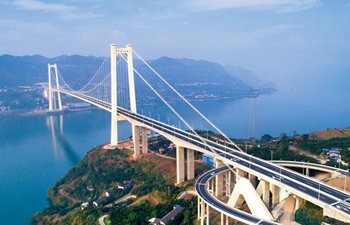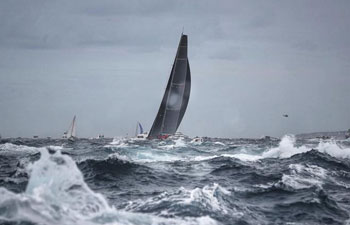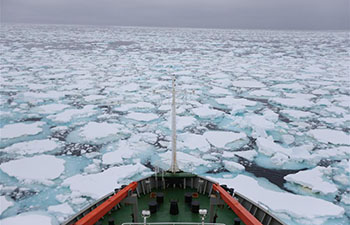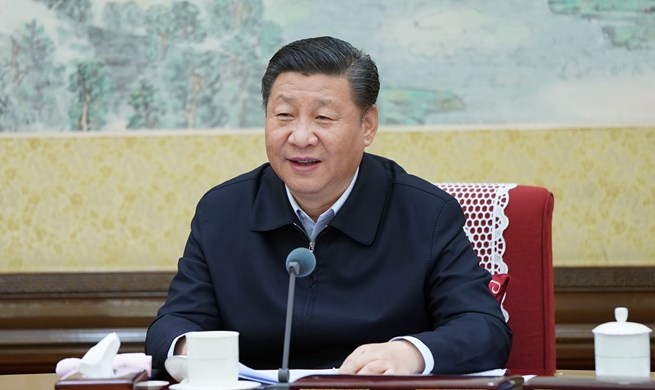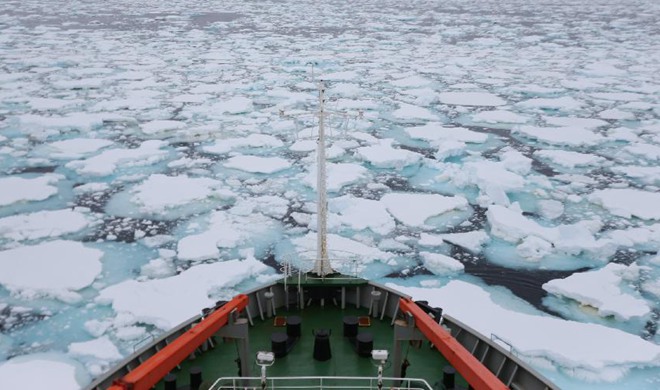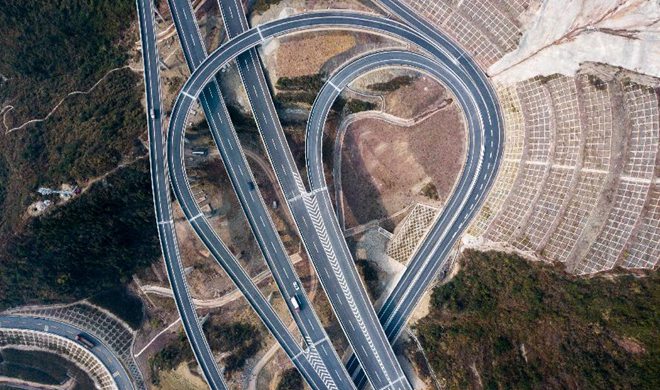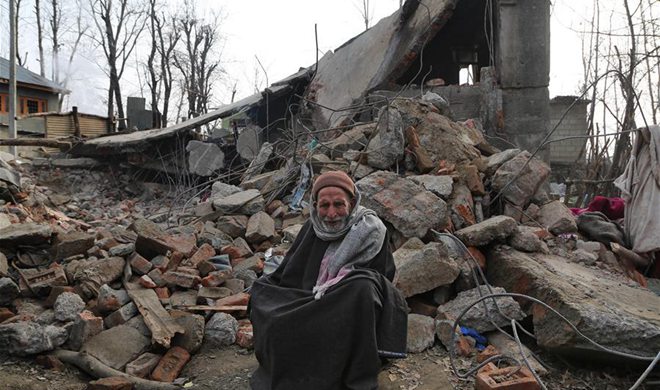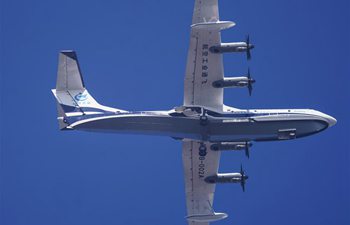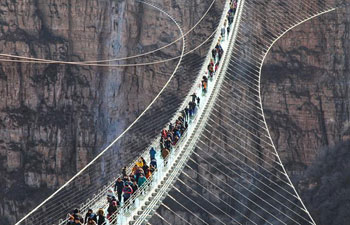CAIRO, Dec. 26 (Xinhua) -- Egypt has recommended the World Bank as a technical mediator with a neutral and final opinion in the issue of Ethiopia's under-construction mega dam on the shared Nile River, the Egyptian Foreign Ministry's spokesman said in a statement on Tuesday.
The recommendation came during talks held Tuesday in Addis Ababa between Egyptian Foreign Minister Sameh Shoukry and his Ethiopian counterpart Workneh Gebeyehu, Egyptian Foreign Ministry's Spokesman Ahmed Abu Zeid said in the statement.
The meetings of a tripartite technical committee comprising Egypt, Ethiopia and Sudan on the Grand Ethiopian Renaissance Dam (GERD) have been fruitless over the past sessions, with both Ethiopia and Sudan eyeing massive benefits from the dam construction while Egypt sees it as a threat to its share of the Nile River water.
"Shoukry stressed the sensitivity of Egypt's water security and that it cannot rely on mere promises and remarks of good faith," said the Egyptian spokesman in the statement.
In March 2015, the leaders of Egypt, Ethiopia and Sudan signed an initial cooperation deal on the principles of sharing the Nile River water and the construction of the GERD, which will be Africa's largest dam upon completion.
Shoukry urged Gebeyehu that Ethiopia has to stick to the cooperation deal principles, including prior studies and agreement among the three countries before filling and operating the dam.
"The Ethiopian side promised to study the Egyptian proposal and reply as soon as possible," said the Egyptian spokesman, noting that Egypt will convey the proposal to Sudan in the coming few days.
Shoukry met later on Tuesday with Ethiopian Prime Minister Hailemariam Desalegn in Addis Ababa, where they discussed the general bilateral relations between the two countries and the preparation for Desalegn's visit to Egypt in January 2018.
"The meeting also addressed the challenges facing the course of the GERD negotiations," said Abu Zeid.
The recent meeting of the tripartite technical committee on the GERD, comprising irrigation ministers of Egypt, Ethiopia and Sudan, failed to approve an introductory report by a consultant company on the dam's effects on the two downstream countries, namely Egypt and Sudan.
Egypt is concerned about its annual share of 55.5 billion cubic meters of the Nile River water amid the GERD's rapid construction.
Egypt and its downstream partner Sudan rejected in 2010 an agreement signed among some Nile Basin states in Uganda's Entebbe about the sharing of the Nile River water, as both countries believed the deal would affect their usual annual share of the river water.
Egypt's ties with Ethiopia have seen ups and downs since the latter started the dam project in April 2011 while Egypt was suffering turmoil following an uprising that toppled former President Hosni Mubarak.
When President Abdel-Fattah al-Sisi took office in 2014, he showed understanding of Ethiopia's aspiration for development through the GERD that would produce around 6,000 megawatts of electricity to the country.
On Monday, Egyptian Irrigation Minister Mohamed Abdel-Aati stressed the importance of reaching a fair deal on the Ethiopian reservoir, saying "Egypt will not be a party of any agreement that does not preserve its water rights and interests."
On the other hand, relations between Egypt and Sudan have been tense over the past years on various issues.
In May, Sudanese President Omar al-Bashir accused Egypt of providing military support to armed rebels in his country, which was strongly denied by the Egyptian leadership. The two countries also have a territorial dispute over the border region of Halayeb and Shalateen, which are currently under Egyptian control.




